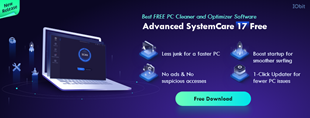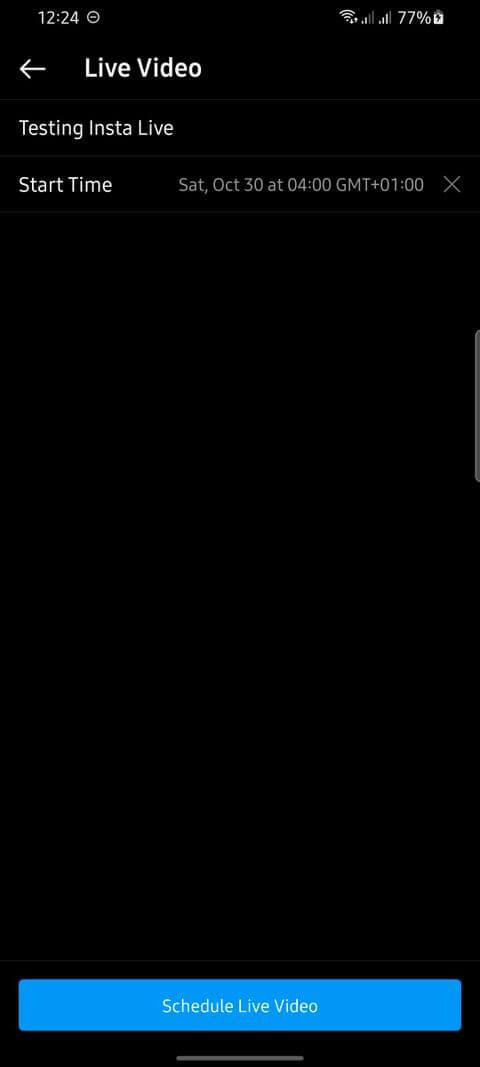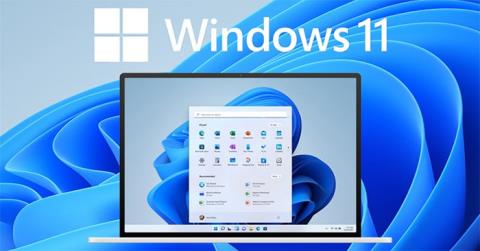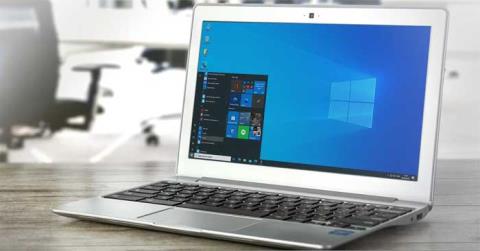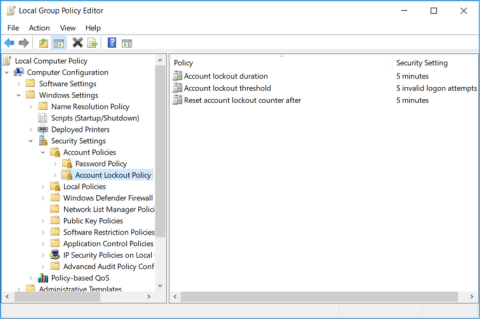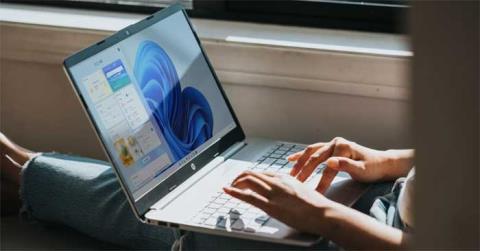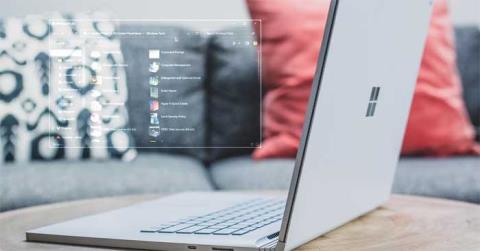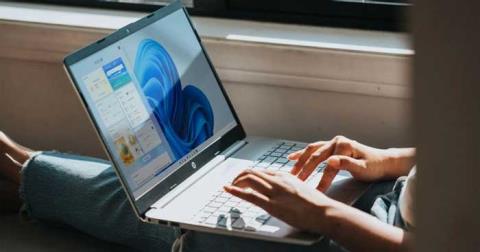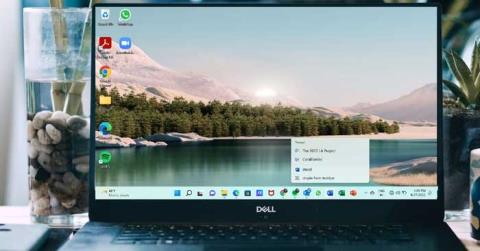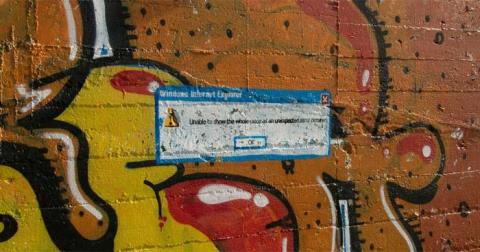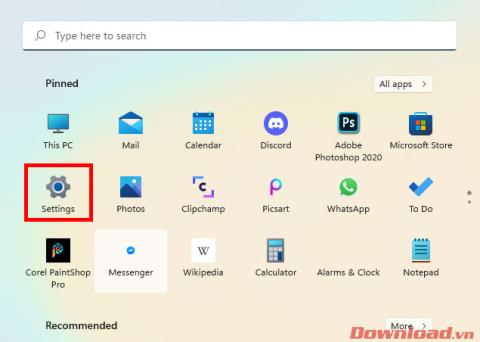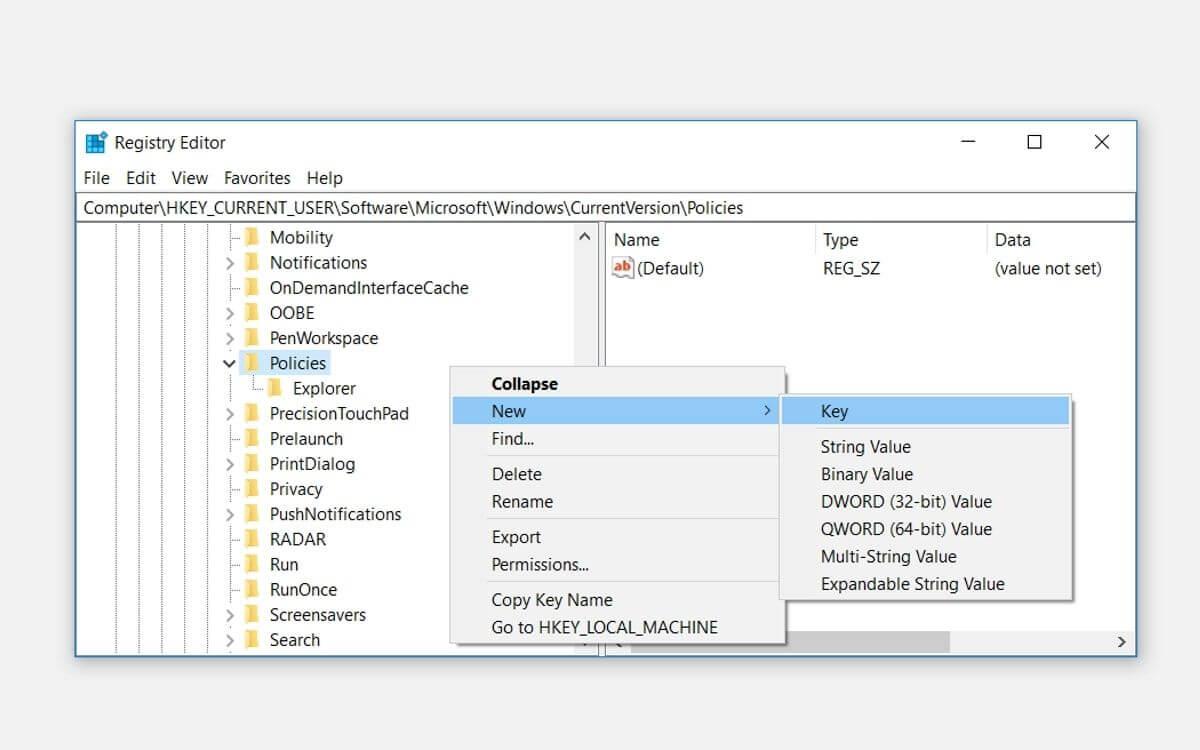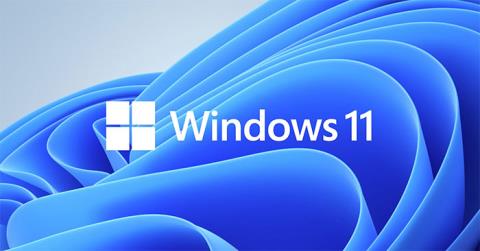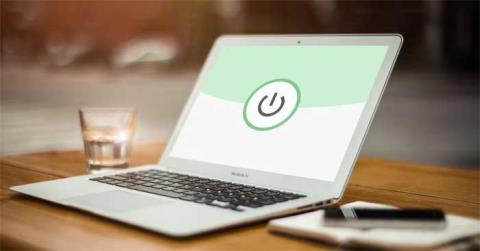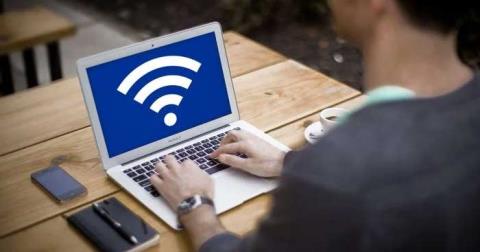How to Copy Partition to Another Drive in Windows 11/10/8/7
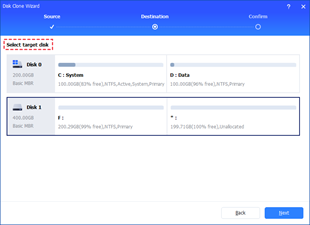
In Windows 11, 10, 8, and 7, you can quickly copy a partition to a different drive using the flexible disk cloning tool AOMEI Partition Assistant.
At some point, you can have so many programs installed on your computer that you probably forgot about half of them. Having a list of installed programs and apps can be extremely helpful when you’re planning to buy a new computer and want to install the same software. The same goes for reinstalling your operating system or upgrading to a new one. It can also help in saving some hard disk space on an older PC.
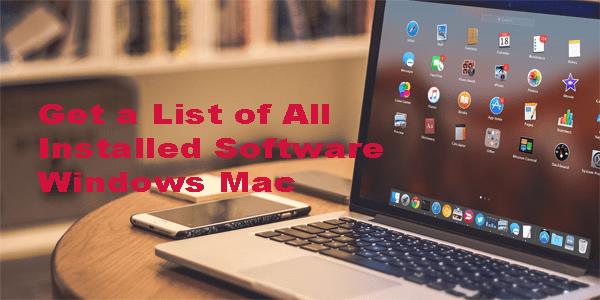
In this article, we’ll go through all the methods for getting a list of installed programs on Windows and Mac computers. In addition, we’ll discuss how you can save and print that list.
How to Get a List of All Installed Software on Windows
Generating a list of installed software is helpful for a few situations. You could be trying to save space and delete unused apps and programs. You might even stumble upon programs you never even used.
If your Windows is crashing and you need to reinstall the OS, knowing which apps you should install later will save you a lot of time. Similarly, if you’ve bought a new computer and you’re in the process of installing software, this list can tell you if you have forgotten about something.
There are several ways to generate a list of installed programs on your Windows computer. All these methods will give you the same results, so it’s up to you which one you will use. The only difference is that some methods might give you more detailed lists than others.
Use Your Computer’s Settings
The easiest way to get a list of all your installed software on your Windows is through Settings. This is how it’s done:
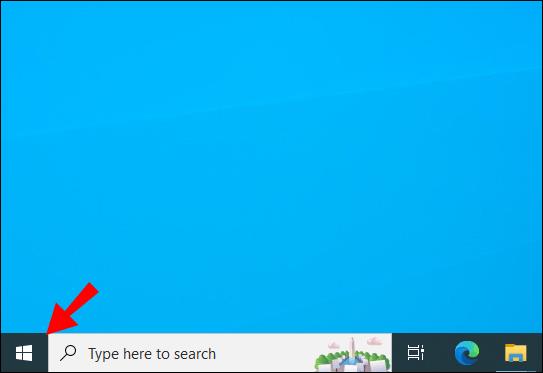
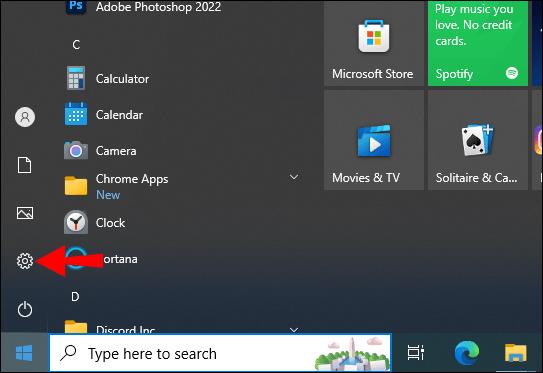
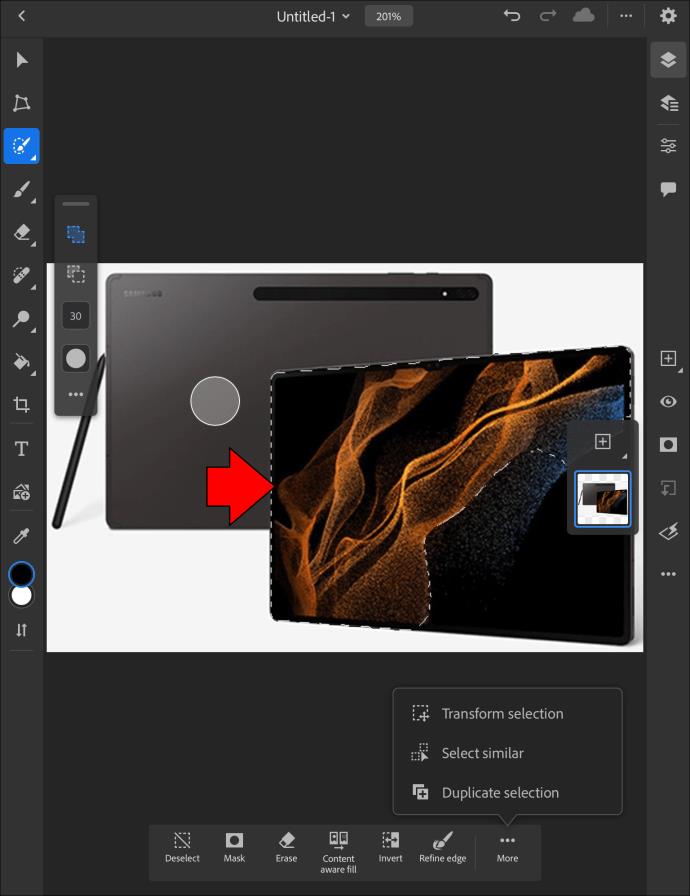

You’ll see the number of apps installed above the list. You can sort the apps by name, size, installation date, and location. There is a search bar above the list, which is useful if you want to check for specific apps.
Although this method doesn’t give you that many details, it’ll suffice if you just want a list of installed programs.
Go to Control Panel
Another quick and easy method for viewing a list of all your installed programs is going to Control Panel. Follow the steps below to see how to find the list:
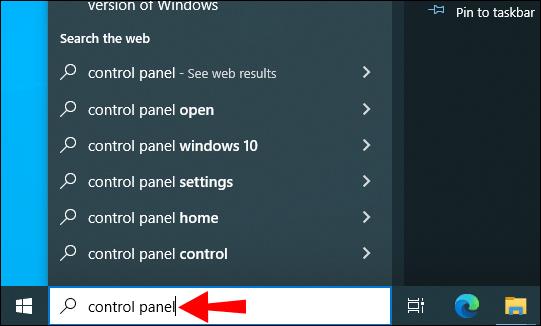

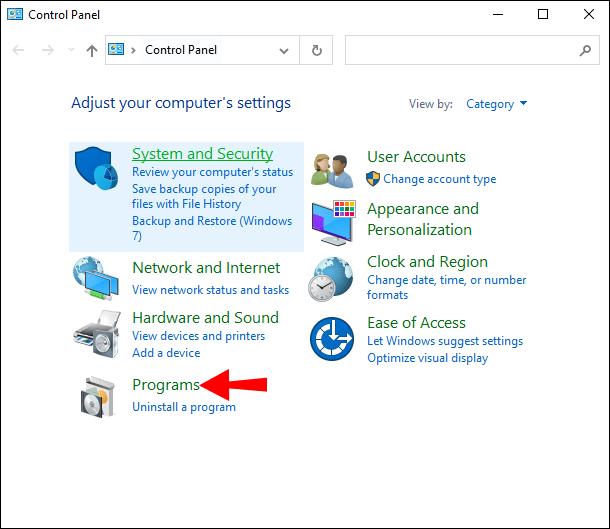
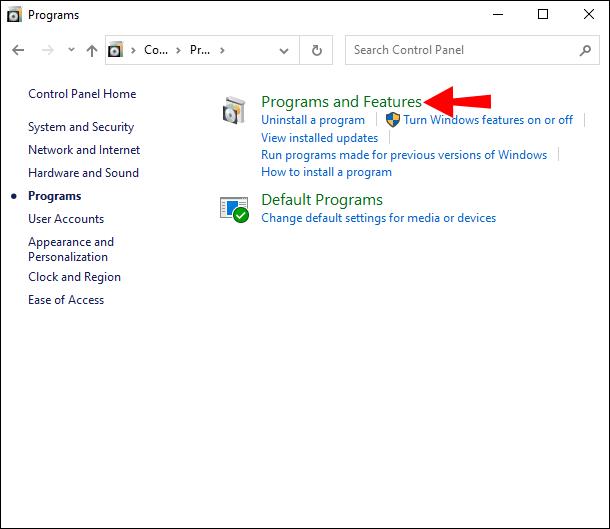
You’ll find a list of all your installed programs here. This list provides you with more information than the one in Settings. For instance, you can see who published the program, the date it was installed on your device, how much space it takes up, the version, etc.
Additionally, you can see the number of currently installed programs and how much hard disk space they take up in total on the bottom bar.
Use the Command Prompt
You can also use the Command Prompt to generate a list of installed software. Follow the steps below to see how it’s done:

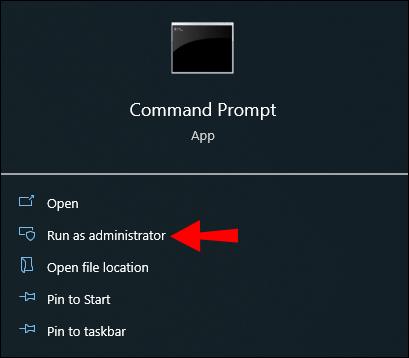
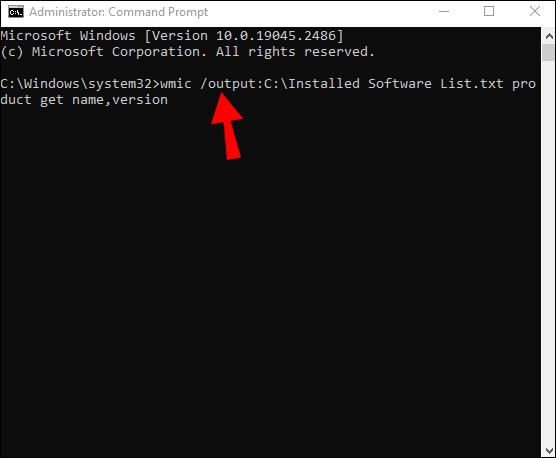
WMIC might not work on server editions of Windows OS without separate administration permissions.
How to Get a List of All Installed Software on a Mac
Getting a list of installed software is relatively straightforward on a Mac computer. If you want to switch to a new device, update your operating system, or do a simple backup, having a list of all installed programs will save you a lot of time when it’s time to reinstall everything. There are several ways to generate a list of installed programs on your Mac. The method you opt for should depend on how detailed you want the list to be.
Go to the Applications Folder
Similar to the Settings folder on Windows, all your apps will be listed in the Applications folder on your Mac. The process is simple, and it will take you a few seconds. Here’s what you have to do:
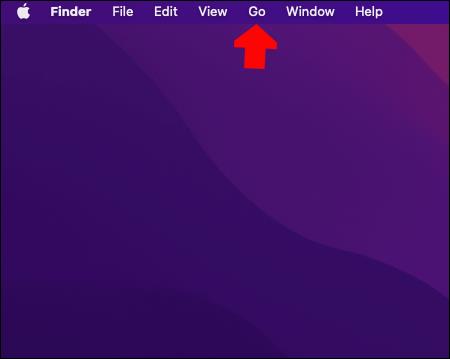
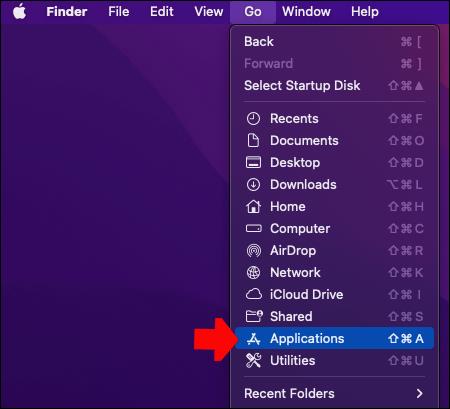

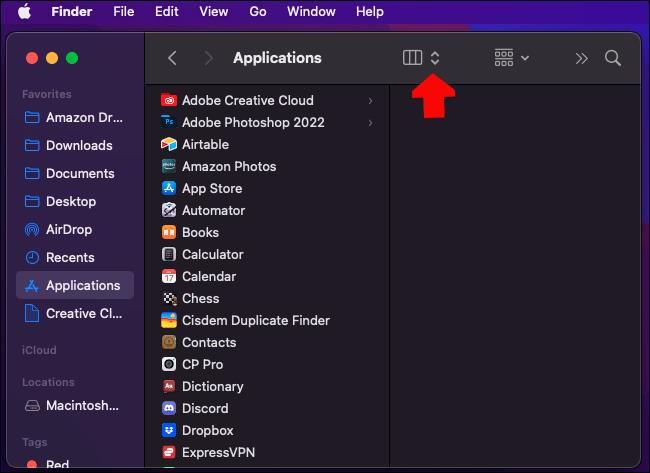
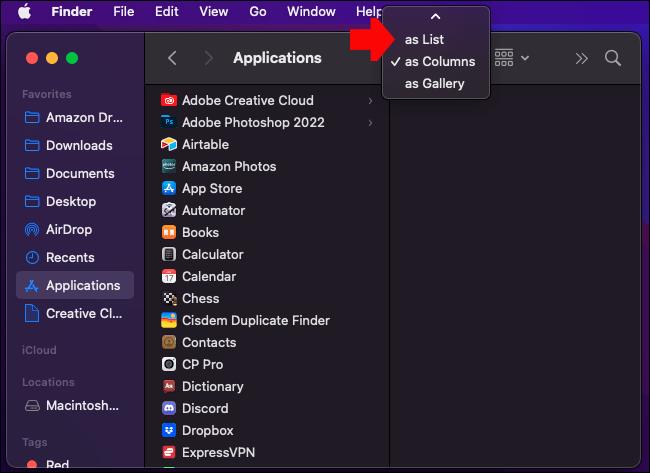
You’ll see a list of all your apps on your Mac, including pre-installed apps and apps you installed. However, if you installed an app using a third-party website, it won’t be in the “Applications” folder. Instead, it will be in your “Downloads” folder. You’ll also be able to see the last time the app was used, its size, and what kind of an app it is. Keep in mind that some apps will be displayed as subfolders. To expand the list and see all of your apps, all you need to do is click on the little triangle next to each folder on the list.
List All Programs With the Terminal
If you want to generate a more detailed list of apps on your Mac, you can also use the Terminal. This is what you need to do:
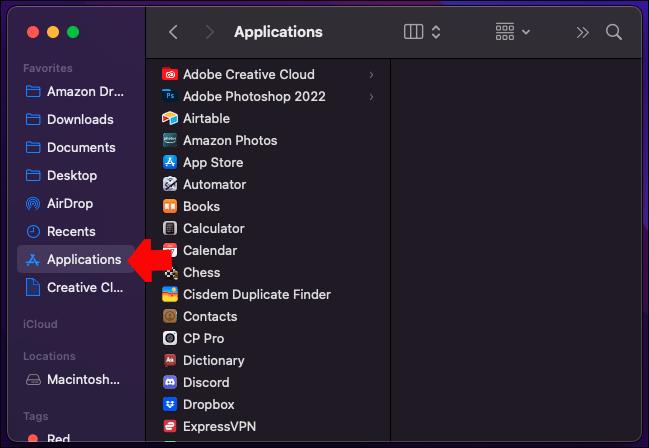
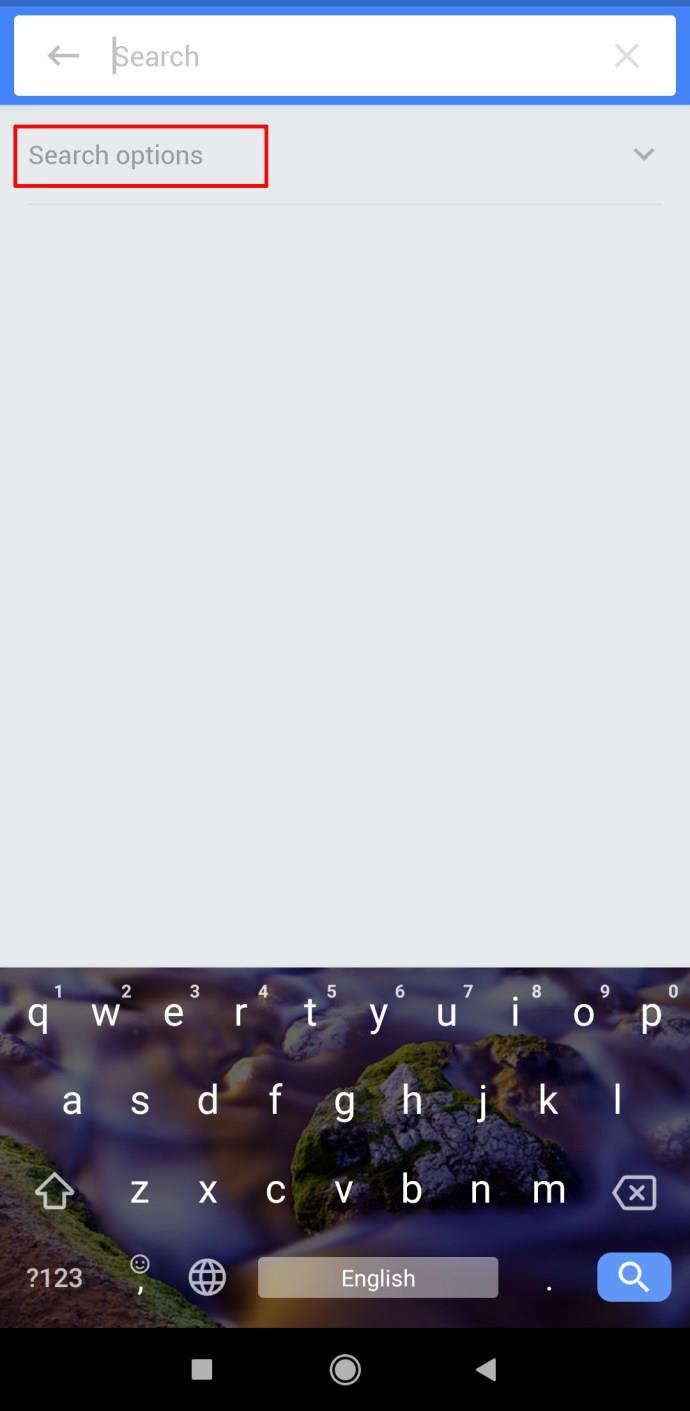
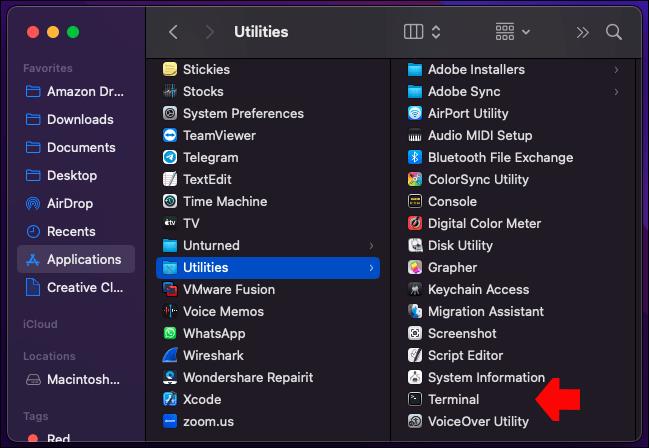
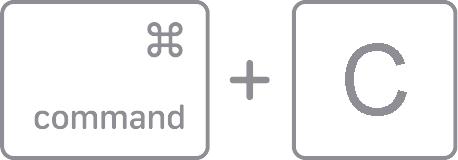
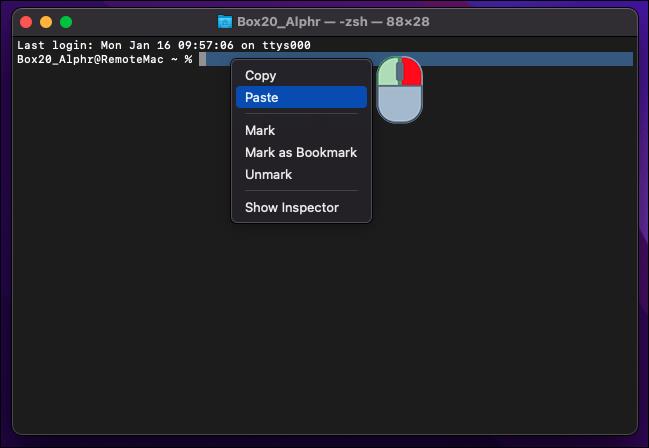
Note: Instead of “USERNAME,” make sure to type in your device’s exact username.
Doing this will generate a list of apps in the Applications folder. If you want to make the list more detailed, you can add “-la” next to your username. Not only does this attribute tell the Terminal to provide you with more information on the installed software, but you’ll also see any hidden files.
You can also paste the following command:
sudo find / -iname ‘*.app’> /Users/[USERNAME]/InstalledApps/InstalledAppsOnSystemTerminal.txt This command will list all APP files on your computer, not just the Applications folder.
How to Save and Print the List of Installed Software
You might want to save and print the list of all your installed programs so you can use it as a reference list later.
If you want to do this on your Windows, you can press the built-in Print Screen key.
Note that the Print Screen key doesn’t look the same on all keyboards. It can read PrntScrn, PrtSc, PrtScn, or SysRq. Some keyboards or builds require you to press “Alt” with the Print Screen key since it’s a secondary function.
After that, open a blank Word document and press “Ctrl + V” to paste the screenshot. From this point, you can print the list like it’s a normal Word document. (Go to the “File” tab in the top-left corner and choose the “Print” option.”
Keep in mind that a list of programs might not fit a single screen, so you might have to use the Print Screen option more than once. You can also install a third-party app to take one long screenshot of the entire list.
Another option is to convert a generated textual list into an Excel table using tab delimiters. This will help you view the list in a more organized way, and you can save the document online and download it on another device. Use the Import option in Excel and select “Delimiters” when describing your file to the Text Import Wizard for best results.
If you have a Mac, you can save and print the list of apps by copying and pasting the list into a TextEdit document. Follow the steps below to see how it’s done:
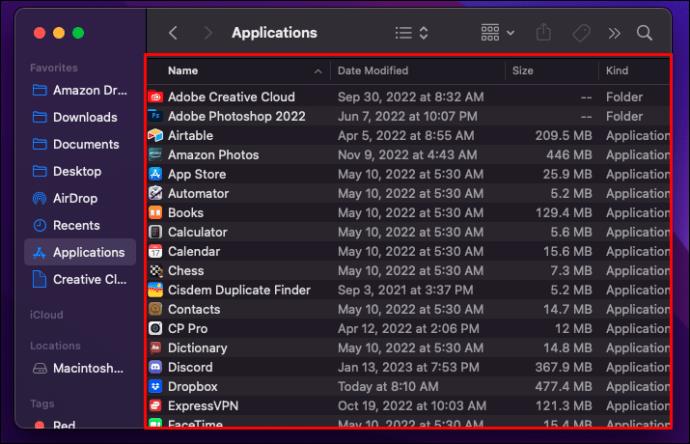
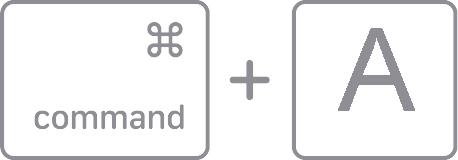

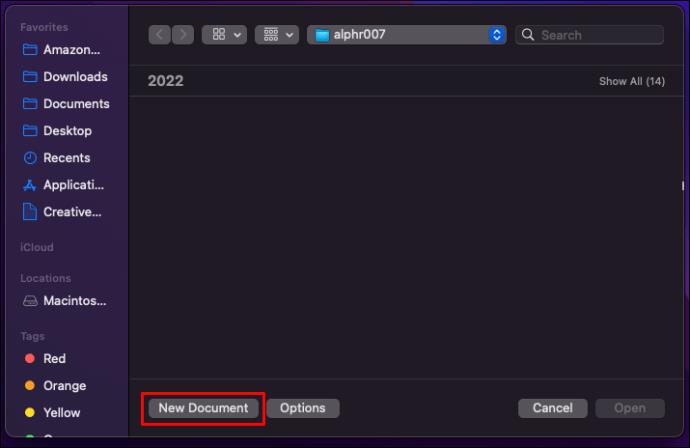
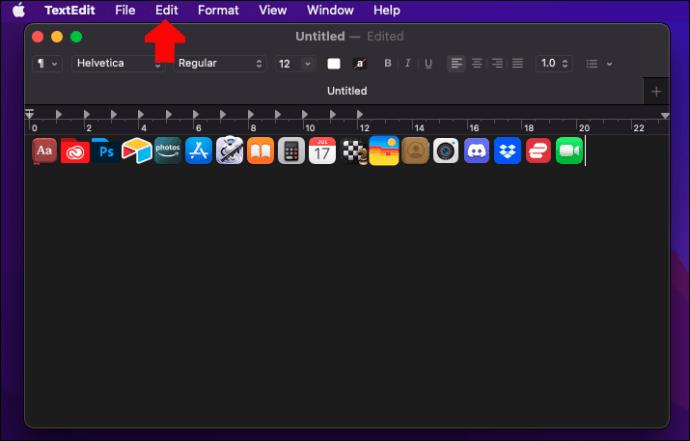
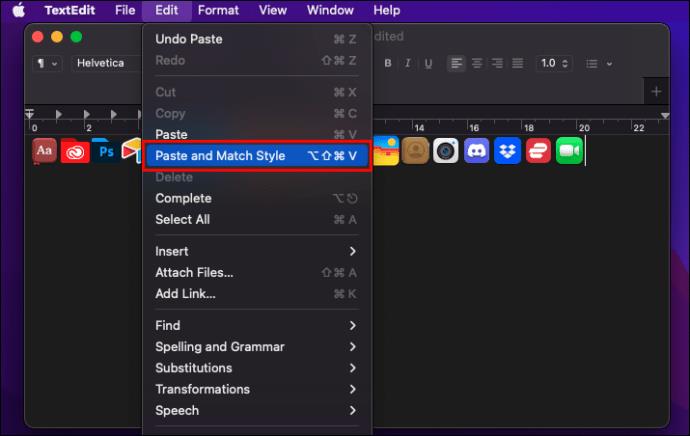
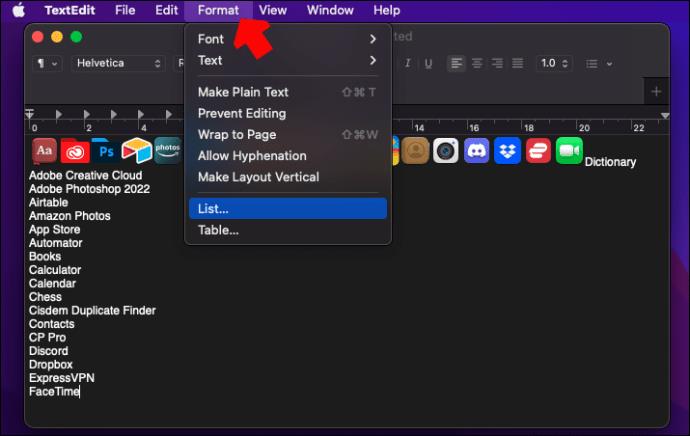
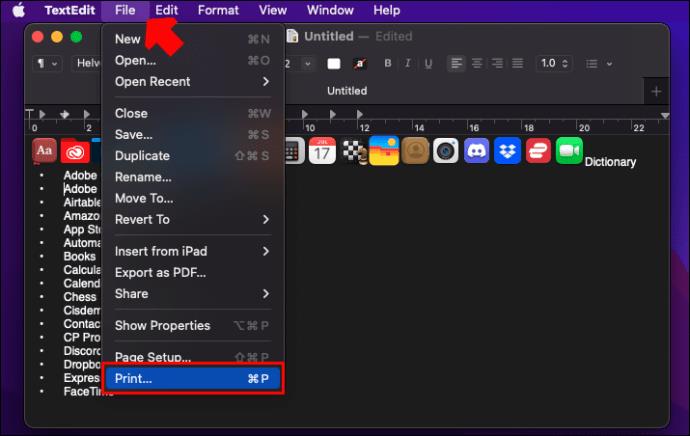
That’s all there is to it. Having a printed list makes the entire reinstallation process much easier. And you’ll know you didn’t forget anything.
Know What Software to Reinstall
Whether you’re buying a new computer, updating your operating system, or trying to create more space on your current device, having a list of installed software can really help. Not to mention how much time you’ll save by not having to guess which programs you had forgotten about. Have you ever tried to generate a list of all your installed programs before? What method did you use to generate the list? Let us know in the comments section below.
In Windows 11, 10, 8, and 7, you can quickly copy a partition to a different drive using the flexible disk cloning tool AOMEI Partition Assistant.
Driver Booster 12 Free is an effective tool that will keep your computers drivers up to date, which will make the system run faster and more reliably. This driver updater from IObit keeps your PC running at its best by checking for lost, out-of-date, or broken drivers immediately.
In an era where digital efficiency is paramount, Advanced SystemCare 17 Free emerges as a beacon for those seeking to enhance their PC's performance.
Summary of Movies & TV application shortcuts on Windows 10, Summary of Movies & TV application shortcuts on Windows 10 to bring you a great experience. Maybe
How to fix Messages Failed to Load error on Discord for Windows, Discord isn't fun if you can't read what other people write. Here's how to fix Messages error
How to display the This PC icon on the Windows 11 desktop, During the process of using Windows 11, many users need to access This PC (management).
How to find information in the Windows Registry quickly, Do you find it difficult to find information in the Windows Registry? So below are quick ways to find the registry
How to limit the number of failed login attempts on Windows 10. Limiting the number of failed password login attempts on Windows 10 helps increase computer security. Here's how
How to create fake error messages in Windows, Windows can come up with some pretty creative error messages but why don't you try creating your own content for them to make fun of?
Ways to open Windows Tools in Windows 11, Windows Administrative Tools or Windows Tools are still useful on Windows 11. Here's how to find Windows Tools in Windows 11.
How to fix Windows Quick Assist not working error, Windows Quick Assist helps you connect to a remote PC easily. However, sometimes it also generates errors. But,
How to pin Word, Excel and PowerPoint files to the corresponding app icon on the Windows 11 taskbar, How to pin Office files to the taskbar icon on Windows 11? Invite
How to fix the error of not being able to install software on Windows, Why can't you install apps or software on Windows 10/11? Here's everything you need to know about how to fix it
Instructions for deleting or changing the PIN code on Windows 11, In Windows 11, the PIN code is a very useful and convenient security tool for users. However some people
How to fix There Are Currently No Power Options Available error in Windows 10, Can't select power mode in Windows 10, what should I do? Here's how to fix the error
The simplest way to fix Photos app errors on Windows 10, what should I do if Microsoft Photos doesn't work? Don't worry about ways to fix Photos app errors on Windows
Instructions for installing shortcuts to switch input languages on Windows 11. During the process of using Windows, users will often have to switch between methods.
How to check power status is supported on Windows 11, Windows 11 can handle many different power states. Here's how to check the power status
How to switch from 2.4GHz to 5GHz in Windows 10, If you want to find a quick and simple way to speed up the Internet, changing the WiFi band from 2.4GHz to 5GHz may help.
How to fix Not Enough Memory to Run Microsoft Excel error on Windows, Are you having an error of not enough memory to run Microsoft Excel? So, how to fix Not Enough Memory error

